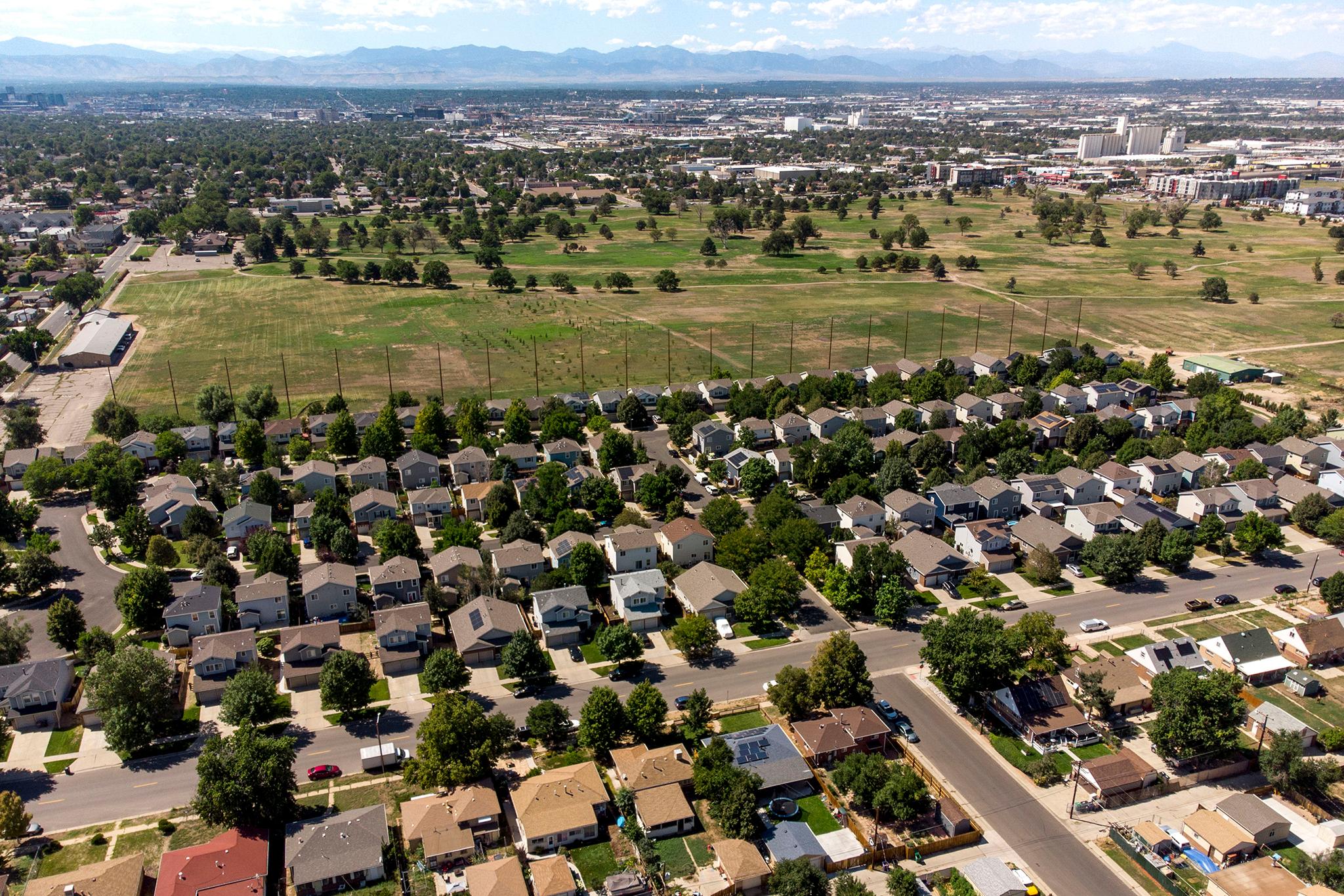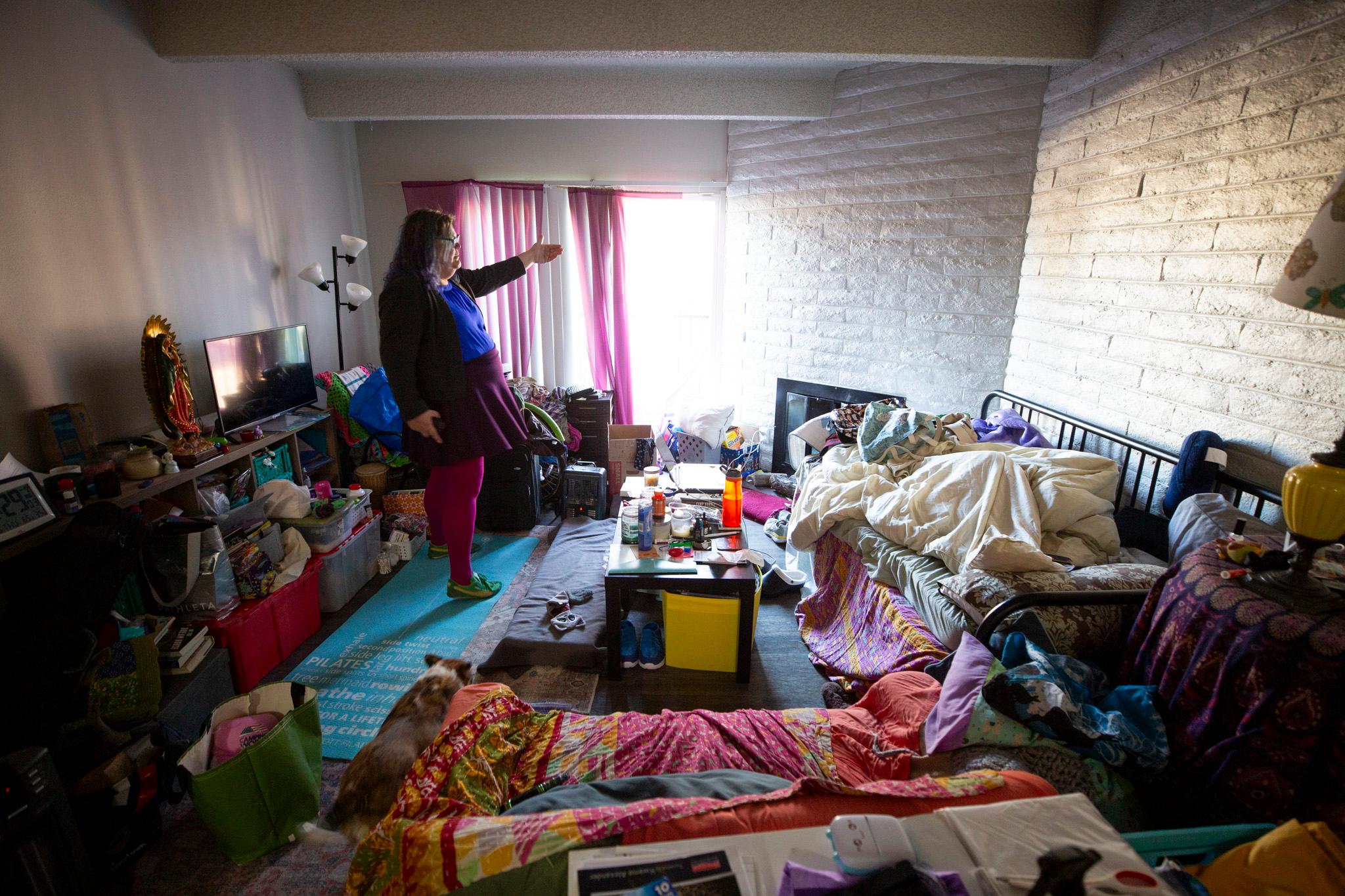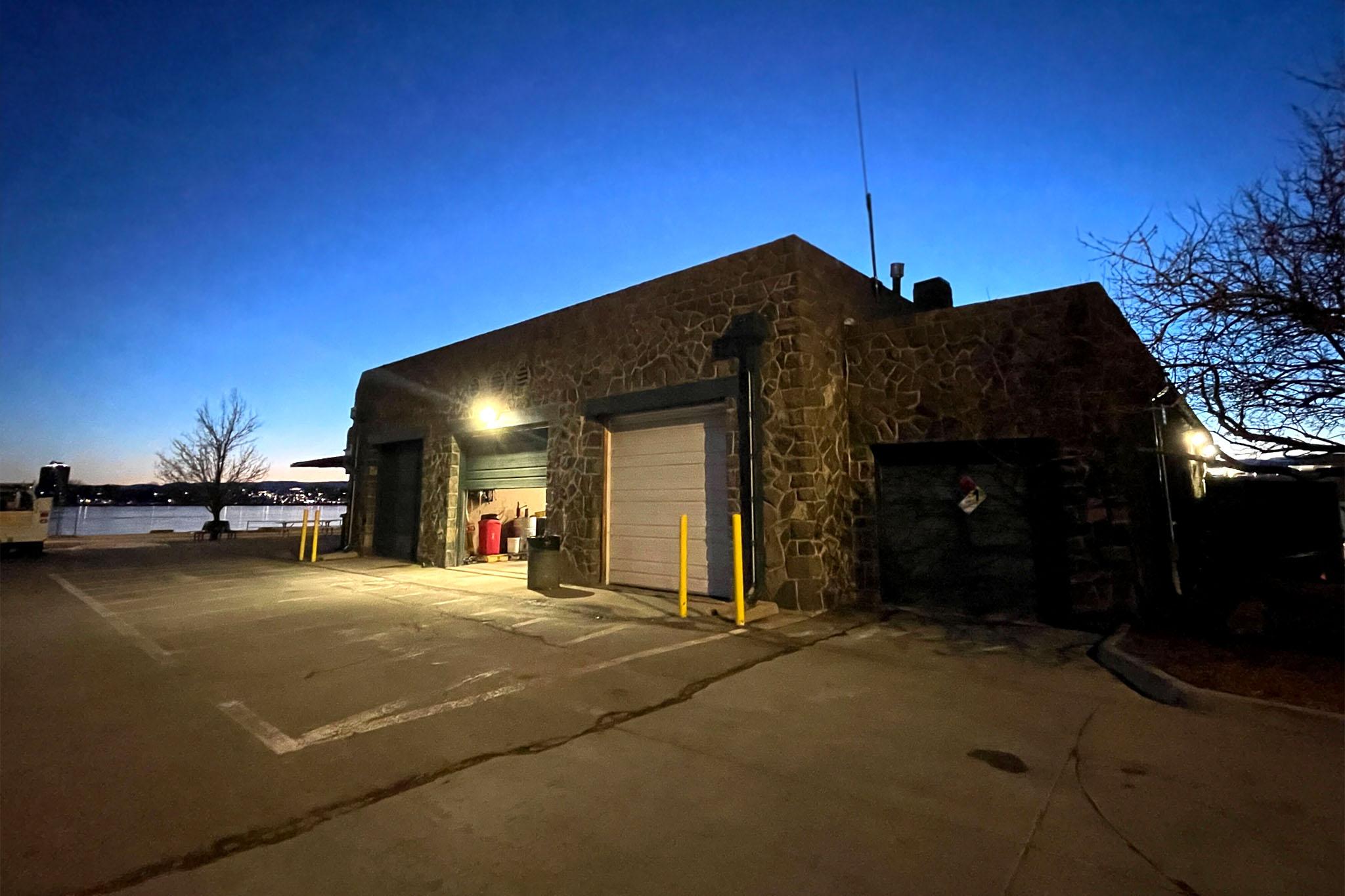One of Denver's last massive green spaces, the Park Hill Golf Course, is headed toward a redevelopment that could bring thousands of units of housing, new retail and a 70- to 80-acre regional park to Northeast Park Hill. That is if City Council and Denver voters don't get in the way over the next half a year, and the developer, Westside Investment Partners, stays its course.
Last week the Denver Planning Board recommended City Council approve zoning changes and a master plan for the golf course.
A City Council committee is now considering whether the Park Hill Golf Course Area Plan and a massive rezoning effort should be sent to a full Council vote. If those items pass, Council would make way for voters to decide next spring whether Westside Investment Partners can move forward with its ambitious four-to-twelve-story redevelopment of the 155-acre golf course the company purchased in 2019.
For the development to happen, voters would need to dissolve a city-owned conservation easement protecting the land as an 18-hole golf course.
On Tuesday, Community Planning and Development, the city's planning department, indicated in a presentation to the Land Use, Transportation and Infrastructure committee that it would ask members of City Council to refer the question of lifting the conservation easement to voters in April of 2023.
Conservation easements are contracts that limit how land can be used after it is granted from one party to another. In this case, voters paid $2 million for the conservation easement back in 1997 with the understanding that it would be a golf course in perpetuity unless it could no longer feasibly function as one. It has not operated as a golf course since 2018.
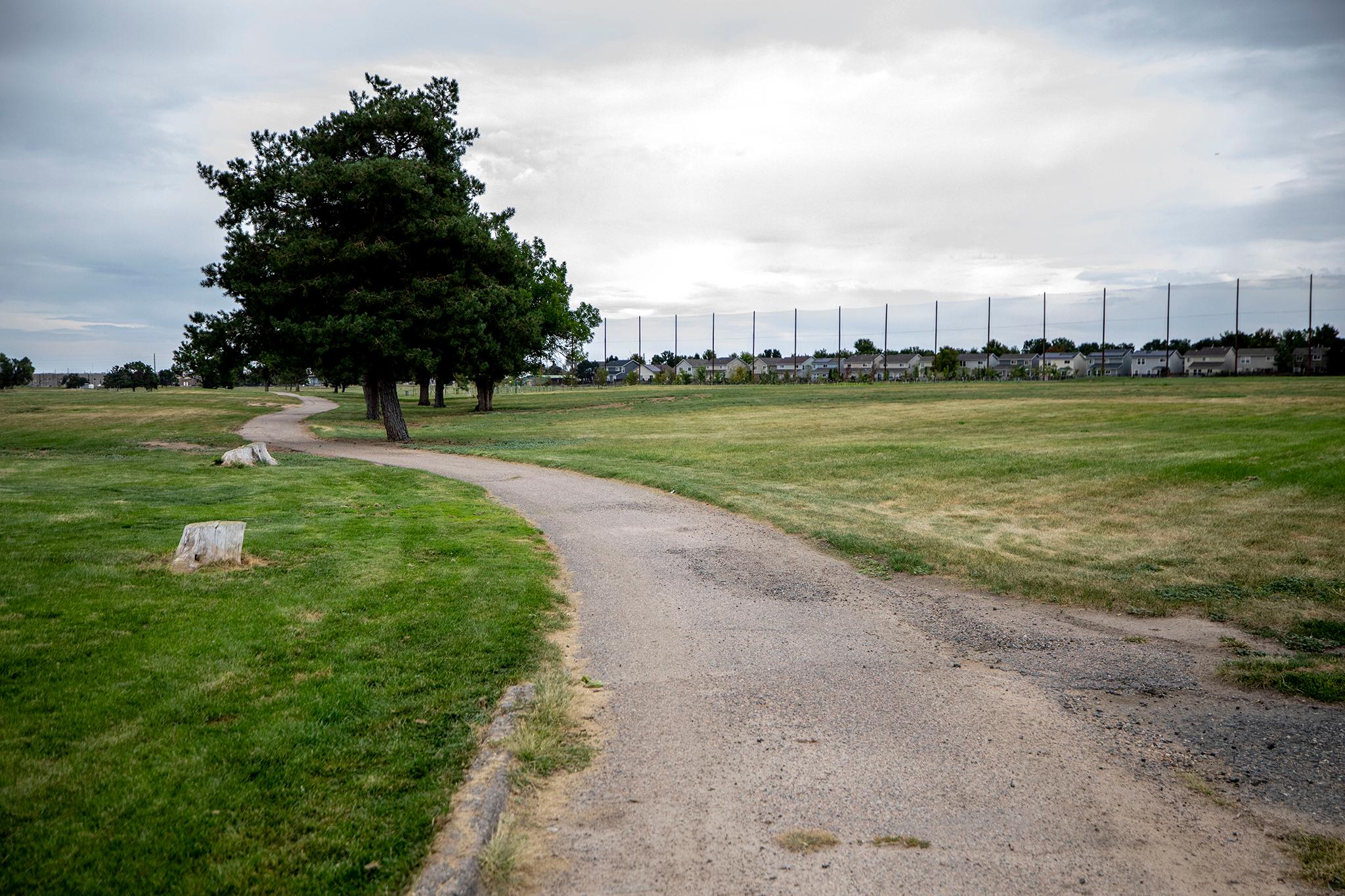
Voters have a say in the conservation easement since they passed Ballot Measure 301, in 2021, which required them to approve the release of city-owned conservation easements for specific purposes.
The project could bring over 4,000 new housing units to the land in Northeast Park Hill, a historically Black neighborhood with fewer than 4,000 current households, as Councilmember Candi CdeBaca pointed out in a committee hearing. Nearby Swansea also has fewer than 4,000 households, she noted.
Westside has pledged that a minimum of 25% of the units would be income-restricted, and hundreds of those, including both for-sale and for-rent homes, would be for families.
Here's the draft of the language voters will see:
"Shall the voters of the City and County of Denver authorize the release of the City-owned conservation easement on privately owned property known as the Park Hill Golf Course, which requires the land to be used primarily for golf-related purposes, and allow for publicly accessible parks and open space and residential and commercial uses, including affordable housing, community-serving retail and other purposes?"
Assuming voters see that language, what happens?
If the public votes no, the conservation easement will stay in place, and the land will be limited to golf-related purposes. Some opponents of the development, including former state lawmaker Penfield Tate III, argue it could also be used as open space -- a claim the City Attorney's Office argues is incorrect.
If the public votes yes on lifting the easement, Westside could move forward with its development.
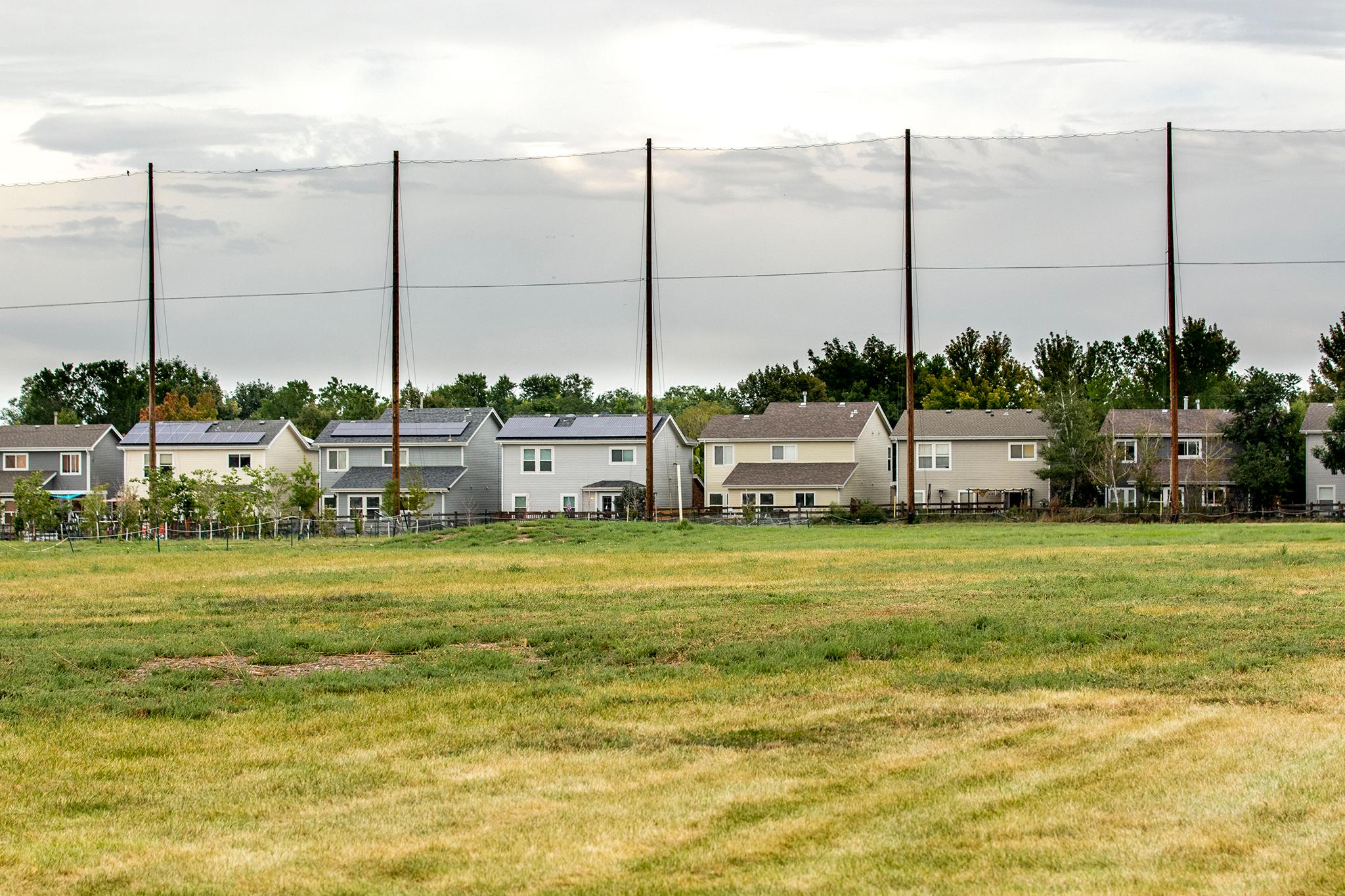
What's next?
If the various items make it through the Land Use, Transportation and Infrastructure Committee, the Small Area Plan will receive a public hearing and a full City Council vote on December 5. The many required zoning changes, the ballot question, and other issues will be commented on and decided on January 23. Then, assuming nothing is blocked, voters will have a say in April.
All those dates are subject to change.

